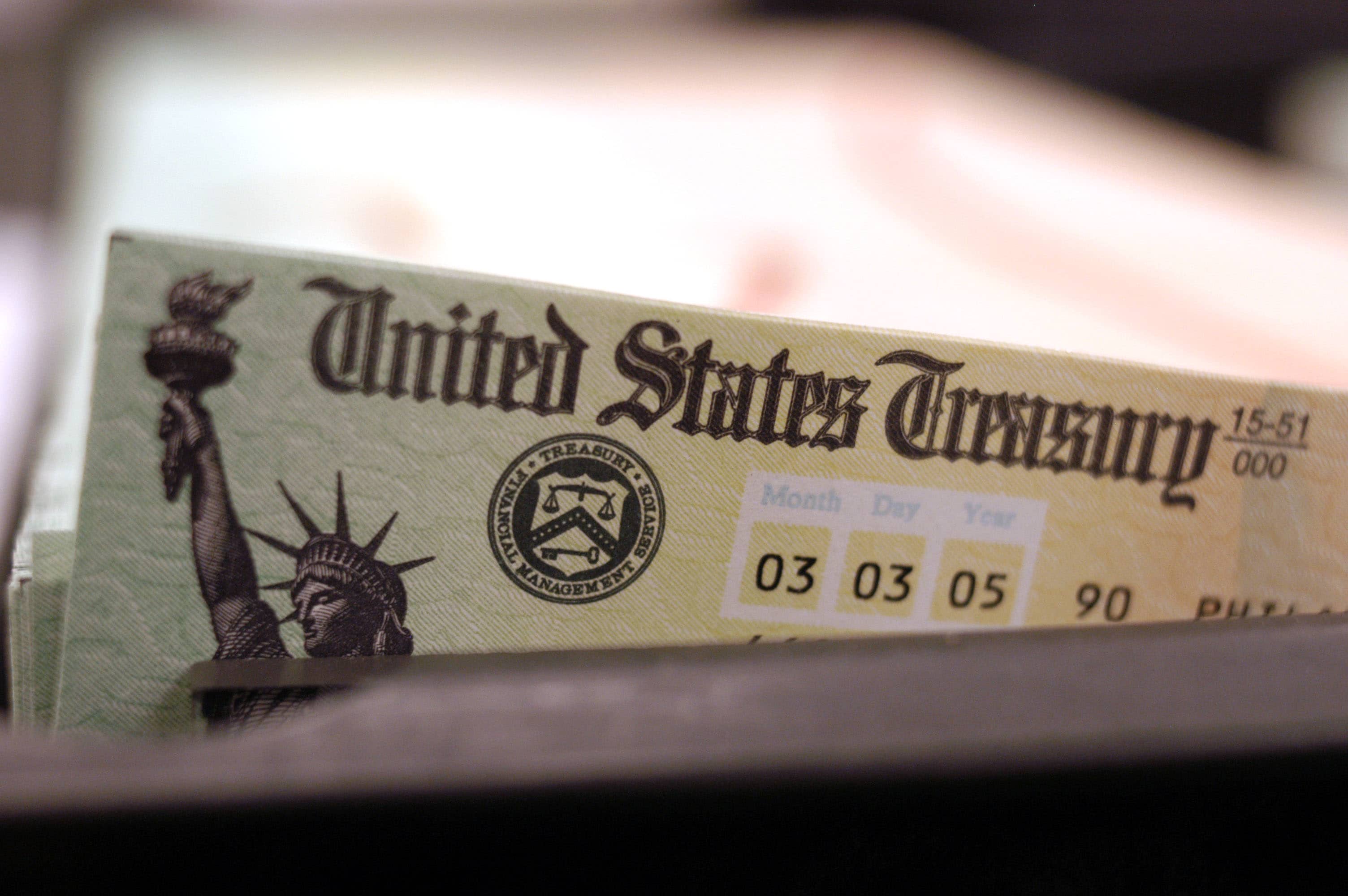
William Thomas Cain | Getty Images
The U.S. has thus far issued 90 million stimulus checks worth a collective $242 billion as part of President Joe Biden’s landmark $1.9 trillion American Rescue Plan, according to a report released Wednesday by multiple government agencies.
The first batch of payments were mostly sent by direct deposit, and some recipients started receiving their checks this past weekend, the Treasury Department and Internal Revenue Service announced.
The Treasury said it also mailed about 150,000 physical checks worth about $442 million as part of the first wave of disbursements.
The department is rolling out the stimulus checks — officially known as Economic Impact Payments — in successive “tranches.” The announcement on Wednesday detailed the first such tranche.
The checks began processing on March 12 and some Americans have already seen the deposits as pending prior to today’s official payment day.
The government added that this first batch of payments was sent primarily to eligible taxpayers who provided direct deposit information on their 2019 or 2020 returns. Additional batches and payments will be sent in the coming weeks by direct deposit and through the mail as a check or debit card, the Treasury Department and IRS said.
Full $1,400 payments are slated to go to individuals with adjusted gross incomes of up to $75,000, heads of households that make up to $112,500 and married couples filing jointly with annual income up to $150,000.
Like prior stimulus checks, the value of the checks are reduced for those with income above those thresholds. To help make the $1.9 trillion Covid relief package palatable to conservative Democrats, including Sen. Joe Manchin, the Senate lowered the income levels at which the payments get phased to zero.
But unlike the prior economic impact payments, families will receive payment for all their dependents claimed on a tax return, not just their qualifying children under 17. Americans can check the status of their third payment by using the Get My Payment tool.
Biden’s landmark bill also extends a per-week $300 jobless insurance boost until Sept. 6 and augment the child tax credit for a year. It also provides nearly $20 billion into the Covid-19 vaccination effort, $25 billion into rental and utility assistance, and $350 billion into state, local and tribal relief.




